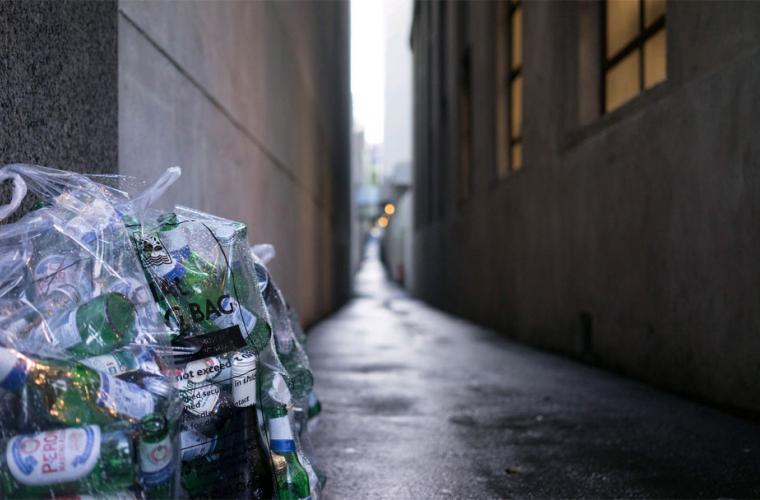“National climate change expectations and air quality targets are unlikely to be met unless councils are given long-term funding, devolved powers and easier access to complex government funding pots."

Responding to the reintroduction of the Environment Bill to Parliament today, the Local Government Association’s Environment spokesman, Cllr David Renard, said:
“To help councils increase recycling rates, residents need to recycle as much as they can at home, manufacturers need to use packaging that is fully and easily recyclable and government needs to ensure producers pay the full cost of recycling packaging. More importantly, manufacturers need to reduce waste at the point of source to stop unnecessary and unrecyclable material becoming an issue in the first place.
“Clearer labelling and increased charges for hard-to-recycle products would help councils, manufacturers and the public be part of the recycling revolution that is urgently needed.
“Banning the exporting of plastic waste to developing countries will lead to new costs for councils as it will restrict where they can send recyclable material. The UK market for recycling needs to be expanded and more recycling infrastructure provided to address this.
“Councils want to lead the environmental improvement agenda, but need to be empowered to do so. National climate change expectations and air quality targets are unlikely to be met unless councils are given long-term funding, devolved powers and easier access to complex government funding pots.
“We look forward to working with the Government on establishing a joint national taskforce to coordinate and drive climate change action across local communities.
“Councils also support the ambition to plant more trees and consult the public on protecting natural environments, but need adequate funding to carry out consultations and continue planting significant numbers of trees to reduce air pollution and offset carbon emissions.”
